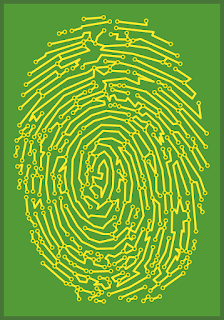Having a laugh

Having a laugh Humans start developing a sense of humour as early as six weeks old, when babies begin to laugh and smile in response to stimuli. Laughter is universal across all human cultures and even exists in some form in rats, chimps, and bonobos. Like other human emotions and expressions, laughter and humour provide psychological scientists with rich resources for studying human psychology, ranging from the development of language to the neuroscience of social perception. Theories focusing on the evolution of laughter point to it as an important adaptation for social communication. Take, for example, the recorded laughter in TV comedy shows. Back in 1950, US sound engineer Charley Douglass hated dealing with the unpredictable laughter of live audiences, so started recording his own ‘laugh tracks’. These were intended to help peopl...






